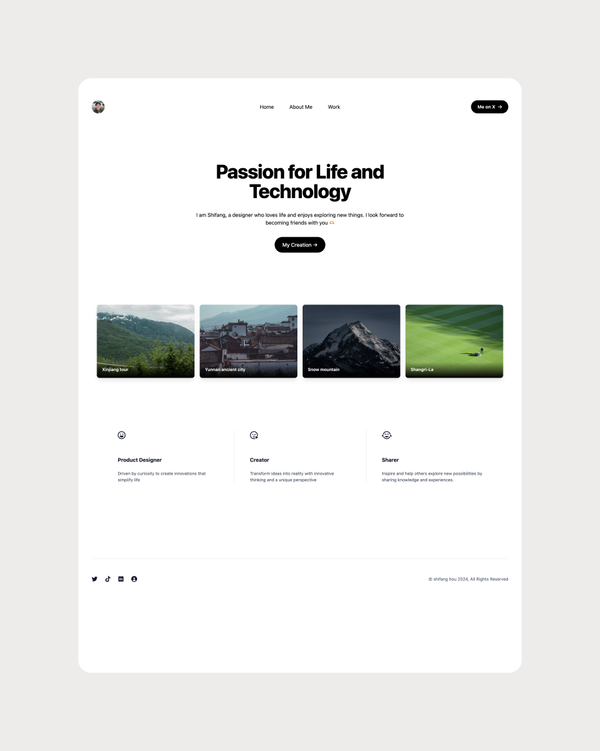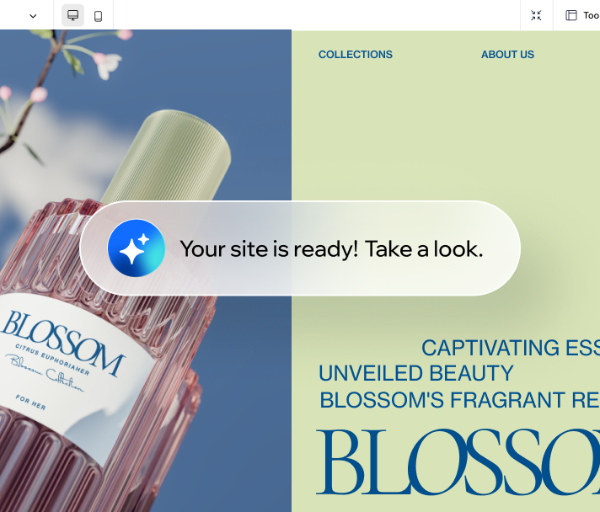Best Program to Build a Website Solutions
How to Master Best Program to Build a Website
Best Program to Build a Website
In today’s digital age, having a strong online presence is essential for any business or individual looking to reach a wider audience. One of the best ways to establish an online presence is by creating a website. However, not everyone has the technical skills or resources to hire a professional web designer to build a custom website from scratch. This is where website builders come in.

Best Program to Build a Website Best Practices
Best Program to Build a Website
What is SEO?
SEO is the process of optimizing your website in order to improve its visibility in search engine results. By using relevant keywords and creating high-quality content, you can increase your website’s ranking in search engine results pages (SERPs). This, in turn, can drive more organic traffic to your website, leading to more leads and conversions.
Types of SEO
There are three main types of SEO: on-page, off-page, and technical. On-page SEO involves optimizing your website’s content and structure, including keyword research, meta tags, and internal linking. Off-page SEO refers to strategies used to promote your website outside of your own website, such as backlinking and social media marketing. Technical SEO involves optimizing your website’s backend, including site speed, mobile-friendliness, and crawlability.
Keyword Research
Keywords are the foundation of any successful SEO strategy. By researching and targeting the right keywords, you can attract the right audience to your website. Start by using keyword research tools such as Google Keyword Planner or SEMrush to find relevant keywords with high search volume and low competition. Once you have a list of keywords, incorporate them into your website’s content, meta tags, and URLs.
Content Creation
Content is king when it comes to SEO. High-quality, relevant content can drive traffic to your website and improve your search engine ranking. Create engaging blog posts, articles, and videos that provide value to your target audience. Use your targeted keywords strategically throughout your content, but avoid keyword stuffing, as this can negatively impact your SEO efforts.
On-Page Optimization
On-page optimization involves optimizing your website’s content and structure to improve its visibility in search engine results. Use relevant keywords in your meta tags, headings, and content. Create unique, descriptive meta titles and meta descriptions for each page on your website. Improve your website’s user experience by optimizing its loading speed, mobile-friendliness, and navigation.
Off-Page Optimization
Off-page optimization involves promoting your website outside of your own website to improve its authority and credibility. Build backlinks from reputable websites in your industry by guest posting, submitting your website to online directories, and participating in forums and communities. Use social media to share your content and engage with your audience.
Technical SEO
Technical SEO involves optimizing your website’s backend to improve its crawlability and indexing by search engines. Improve your website’s loading speed by minifying CSS and JavaScript files, compressing images, and enabling browser caching. Make sure your website is mobile-friendly and responsive, as Google gives preference to mobile-friendly websites in search results. Create a sitemap and submit it to search engines to help them find and index your website’s pages.
Monitoring and Analysis
Once you have implemented your SEO strategies, it’s important to monitor and analyze their performance. Use tools like Google Analytics and Google Search Console to track your website’s traffic, keywords, and ranking in search engine results. Analyze your data regularly to identify trends, optimize your strategies, and improve your website’s performance.
Web hosting providers offer various types of hosting plans and services to accommodate the needs of different websites. From shared hosting to dedicated servers, there are several options available for individuals and businesses looking to host their websites online.
Shared hosting is the most popular and affordable type of web hosting. With shared hosting, multiple websites are hosted on the same server, sharing its resources such as CPU, RAM, and storage space. This type of hosting is ideal for small websites with low to moderate traffic. However, shared hosting may not be suitable for websites that require high performance or resource-intensive applications.
VPS hosting, or Virtual Private Server hosting, is a step up from shared hosting. With VPS hosting, websites are hosted on virtual servers that mimic dedicated servers. Each website on a VPS server has its own dedicated resources, such as CPU, RAM, and storage space. This type of hosting is ideal for websites that require more control and flexibility but do not need a dedicated server.
Dedicated server hosting is the most powerful and expensive type of web hosting. With dedicated server hosting, websites have their own physical server dedicated solely to their needs. This type of hosting offers maximum performance, security, and customization options. Dedicated server hosting is ideal for websites with high traffic volumes, e-commerce websites, and large enterprises.
Cloud hosting is a relatively new type of web hosting that utilizes cloud computing technology to host websites on virtual servers. With cloud hosting, websites are hosted across multiple servers, providing scalability and flexibility. Cloud hosting is ideal for websites that experience fluctuating traffic levels or require high availability and uptime.
Managed hosting is a type of hosting service in which the web hosting provider manages and maintains the server infrastructure for the website owner. With managed hosting, users do not have to worry about server maintenance, security updates, or technical issues. This type of hosting is ideal for users who do not have the technical expertise or resources to manage their own servers.
There are several factors to consider when choosing a web hosting provider, such as reliability, speed, security, scalability, and customer support. Reliability is critical for ensuring that your website is always accessible to visitors. Speed is crucial for providing a positive user experience and improving search engine rankings. Security is essential for protecting your website from cyber threats and data breaches. Scalability is important for accommodating the growth of your website and handling increases in traffic. Customer support is vital for assisting with technical issues and ensuring that your website remains online and operational.
In addition to hosting services, web hosting providers often offer additional features and services, such as domain registration, website builders, one-click installation of applications, SSL certificates, email hosting, and backup services. These additional features can enhance the functionality and security of your website and simplify the management of your online presence.

How to Best Program to Build a Website
Best Program to Build a Website
In conclusion, website SEO services can help your business improve its online visibility, drive more organic traffic to your website, increase search engine rankings, and achieve measurable results. By investing in professional SEO services, you can benefit from targeted marketing strategies, improved user experience, and a competitive edge in today’s digital marketplace. If you want to take your online presence to the next level and grow your business, consider hiring an experienced SEO service provider to help you achieve your goals.


